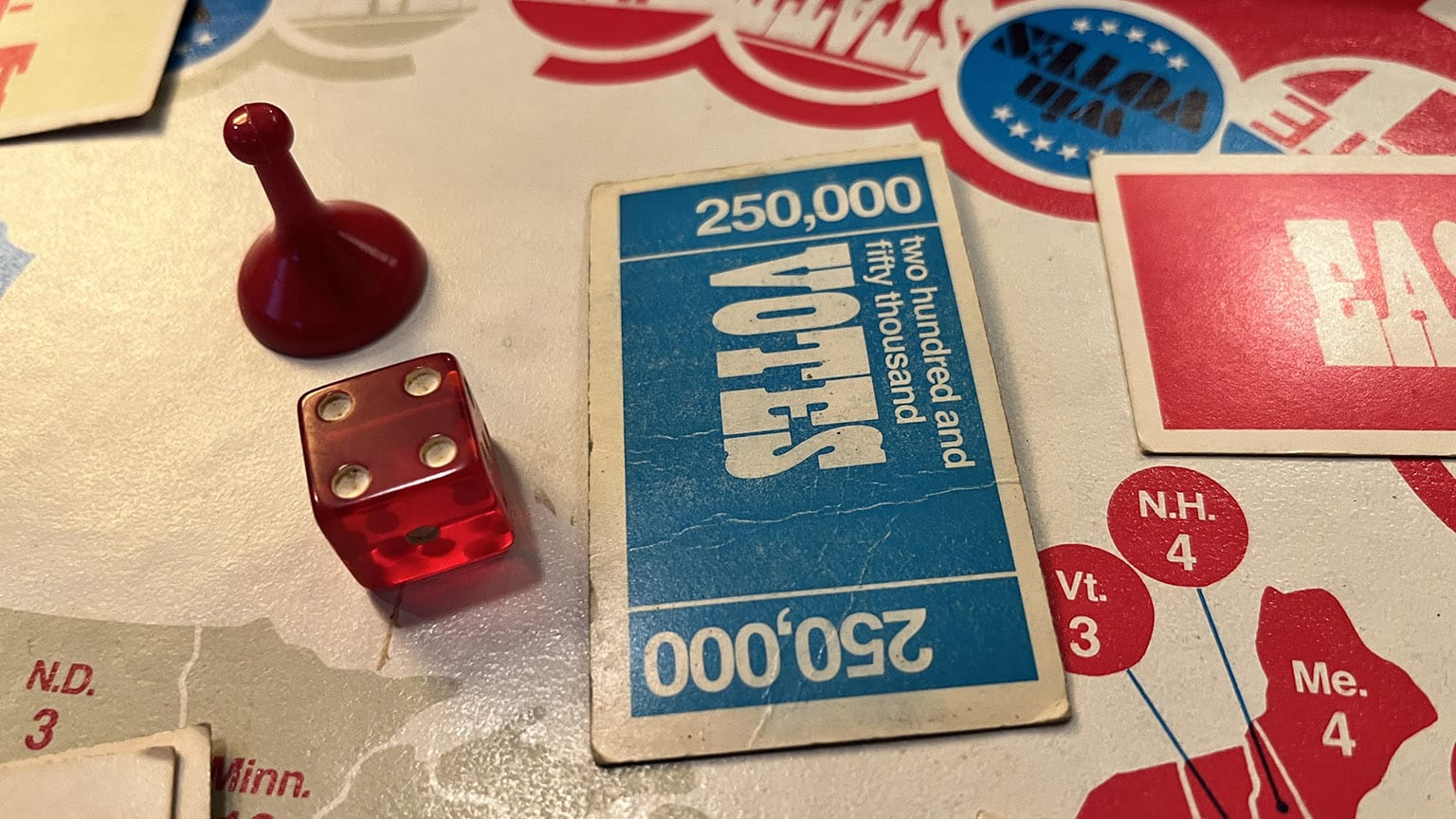One Person One Vote?

Who will decide this year's presidential election in the United States? Once again, the all-consuming spectacle is underway, with talking heads vying for attention between commercials for pharmaceuticals and jet ski insurance. How will the majority of voters feel about their financial livelihoods; about war? Next season’s National Football League and police procedurals are certain to be carpet-bombed with negative ads. But no amount of craziness will change the fact that the presidential contest will still be determined by the Electoral College, the anti-democratic Constitutional anachronism that the U.S. has never seen fit to eradicate.
The Electoral College consists of 538 electors, appointed state by state, whose votes ultimately determine the presidency. The Framers, rejecting direct democracy in electing the chief executive, established the system as a hedge, and in so doing protected the influence of Southern slave states. Five times—in 1824, 1876, 1888, 2000, and 2016—the choice of the Electoral College has overturned the popular vote; George W. Bush was ushered in despite half a million more people having voted for Al Gore in 2000, and in 2016 Donald Trump took the White House with 2.9 million fewer votes than Hillary Clinton received.
It’s a paywall, but a small one
Read this post and get our weekdaily newsletter for $3 a month
